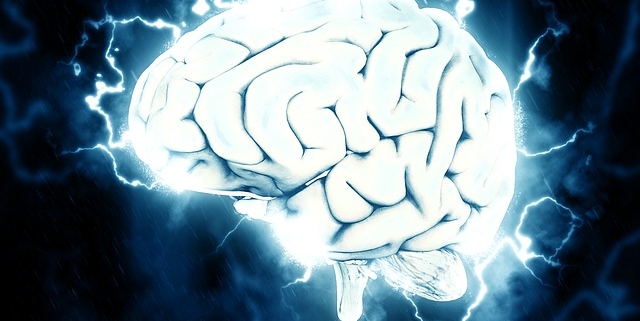Migraines—When Are They Chronic And When To See A Neurologist
Migraines and headaches may seem an ordinary problem that most people experience at some point in their lives. It is just a part of life. That is not true. A migraine is the most common disabling brain disorder. It is characterized by severe, painful, throbbing, and recurring headaches—usually on one side of the head. According to NIH, chronic migraines are a condition distinguished by the experience of a migraine headache on at least 15 days per month and are highly disabling. (reference: https://www.ncbi.nlm.nih.gov/pmc/articles/PMC4416971/)
If you are experiencing headaches or migraines multiple times a week or month, it is essential for patients to consult with a specialist. Leesburg neurologist Dr. Sarbjot Dulai has experience in correctly diagnosing and curtailing the best treatment options for patients experiencing chronic migraines.
Types of Migraines
The Common Migraine
The most common migraine (also known as migraine without an aura) can be difficult to diagnose. The symptoms for this type of migraine are similar to other types. A patient may experience pulsing or throbbing on side of the head, pain that is made worse by physical activity, nausea, vomiting — all are classic symptoms. The key difference for this type of migraine is there are no warning signs such as occurs with prodrome or ‘preheadache’ episodes. Symptoms that warn of an upcoming migraine headache may include mood changes, neck stiffness, or increased thirst and urination. (reference: https://americanmigrainefoundation.org/resource-library/what-type-of-headache-do-you-have/)
The Complicated Migraine
Migraine with an aura, otherwise known as a complicated migraine, causes a series of sensory and visual changes that can range from seeing black dots and zig zags to tingling numbness on side of the body, or an inability to speak clearly. Aura can set in shortly before or during a migraine and is a warning sign that severe head pain is on its way.
The Chronic Migraine
If you have a headache more than 15 days a month, you may be suffering from chronic migraine. Many of the days often feel like a typical migraine, but there may be considerable variability in the severity of the symptoms or head pain on any day. Some have mistaken this type of migraine pain for a tension headache or sinus headache on the days the pain is less severe. Chronic migraines can severely impact the lifestyle of patients causing disruption in daily work and social activities. There is no need to suffer with a chronic migraine as treatment is available to reduce the severity and occurrence.
Migraine Causes and Triggers
The causes of migraines are still uncertain. Factors such as genetics and environment may contribute too migraines. However, there are known triggers to a migraine episode that include:
- foods
- food additives
- alcohol and caffeinated drinks
- changes in sleep patterns
- stress
- intense physical activity
- change in weather
- sensory stimuli
- medications
- hormonal changes in women
These can vary depending on the patient. For those experiencing migraines it is helpful to try and identify triggers specific to them to help prevent frequent recurrence. Keeping a journal when a migraine is experienced and the circumstances before and after the episode is important information you can share when consulting a specialist such as Dulles neurologist Dr. Dulai.
When to see a Doctor for Migraines
Migraines are often undiagnosed and untreated. If you regularly have signs and symptoms of a migraine, make an appointment with your local Dulles and Leesburg neurologist Dr. Dulai. Try to keep a record of your migraine or headache attacks, record action you have taken to alleviate the symptoms, and any change in the pattern or if they suddenly feel different. Dr. Dulai has the experience to diagnose what kind of migraine you are dealing with and prescribe the best treatment plan for you and your lifestyle. Due to COVID-19 the office is now offering telemedicine appointments for online consultation and where necessary scheduling office visits at both office locations in Dulles and Lansdowne. You can call Neurology Associates at (703) 726-6393 to schedule a consultation.






